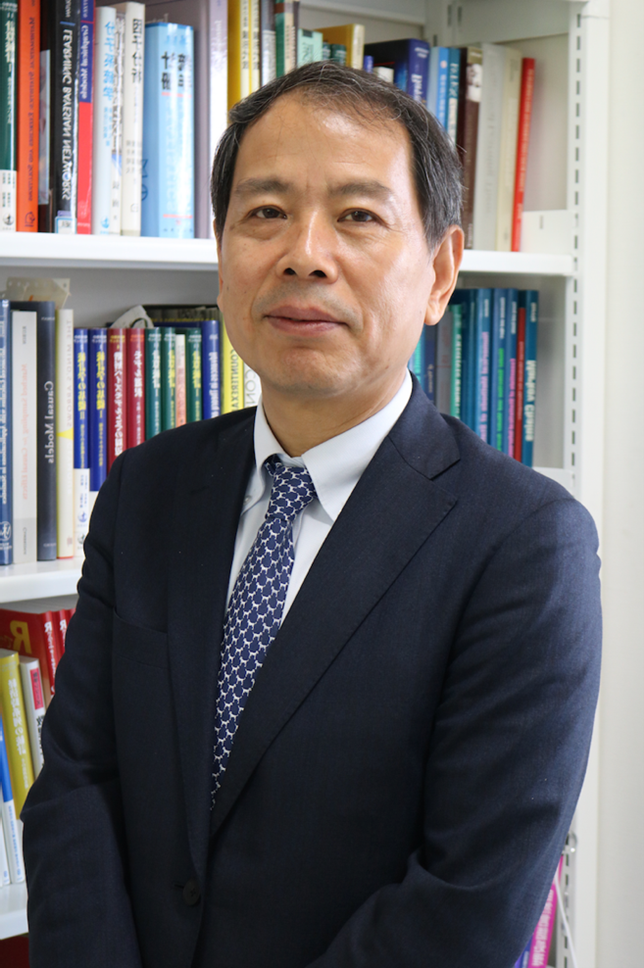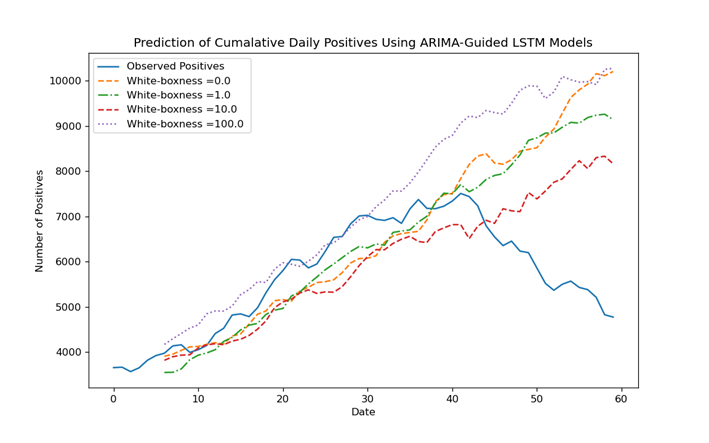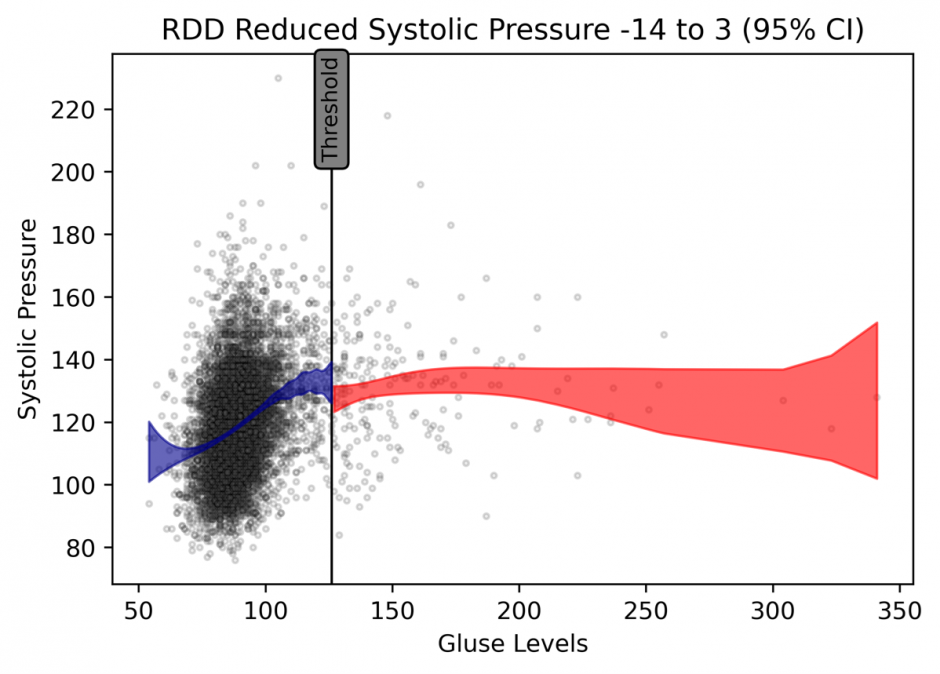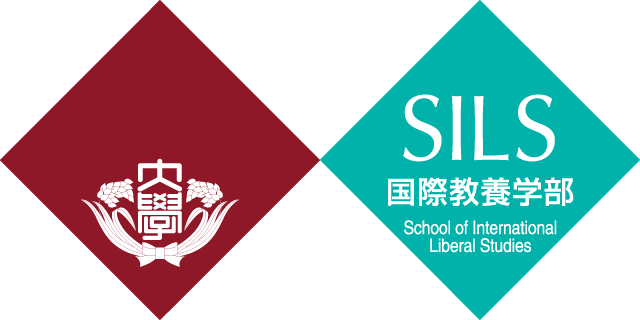- News
- [Introduction of New Faculty Member] WANG, Jinfang, Professor
[Introduction of New Faculty Member] WANG, Jinfang, Professor
![[Introduction of New Faculty Member] WANG, Jinfang, Professor](https://www.waseda.jp/fire/sils/assets/uploads/2023/03/Dr.-Wang-eye-cathch.png)
- Posted
- Fri, 31 Mar 2023

Self-Introduction
Hello everyone! I am Jinfang Wang, and I am thrilled to be joining the wonderful community at the School of International Liberal Studies and Graduate School of International Culture and Communication Studies at Waseda University. Before this, I had the privilege of serving as the Dean of the School of Data Science and Director of the Division of Data Science at Yokohama City University.
I have had the pleasure of working in various institutions throughout my academic journey so far, including Chiba University where I taught and conducted research in Statistics as a Professor in the Department of Mathematics. I have also been fortunate enough to work as an Adjunct Associate Professor at the Open University in Japan, an Associate Professor at the Obihiro University of Agriculture and Veterinary Medicine, a Visiting Assistant Professor at the University of Waterloo in Canada, and an Assistant Professor at the Institute of Statistical Mathematics in Japan. I have also had the honor of serving on numerous professional committees, including as the Director of the Japan Statistical Society, and the Chairperson of the Higher Certificate and Graduate Diploma jointly sponsored by the Royal Statistical Society and the Japan Statistical Society.
I am deeply grateful for the opportunities that have been given to me and I am excited to contribute to the growth and success of the School of International Liberal Studies and Graduate School of International Culture and Communication Studies at Waseda University.
Recent Research Interests
I am interested in exploring the fundamental principles of statistics and machine learning methodologies. One of my recent research focus is on combining machine learning algorithms with statistical methods to create hybrid models that are both explainable and transparent. One exciting area of exploration is the integration of classical ARIMA (autoregressive integrated moving average) models in time series with LSTM (long short-term memory) models using recurrent neural networks. While LSTM models are known for their prediction accuracy, they can often be difficult to interpret. To address this challenge, I am investigating the use of an ARIMA-guided loss function to train the neural network models, balancing prediction accuracy with interpretability; see Figure 1.

Figure 1: Balancing Prediction Accuracy and Interpretability in Prediction of Covid-19 Positives in Tokyo: This figure presents the results of a two-month ahead prediction of cumulative daily positive cases of Covid-19 in Tokyo. The prediction was made by combining the recurrent LSTM models and ARIMA models. The level of explainability is represented by the degree of white-boxness, with a value of 0 indicating a pure LSTM-based prediction and infinity corresponding to a pure ARIMA-based prediction. My research endeavors to find the optimal balance between prediction accuracy and interpretability for better decision-making.
My recent research interests also include the application of data science methods in the field of medicine. I am currently involved in several projects aimed at improving medical studies through the use of data science. As part of my current projects, I am working on applying Bayesian learning to integrate publicly available information with real-world health checkup data to improve the accuracy of predicting glucose levels, a crucial measurement in diagnosing diabetes. Another exciting project I am working on involves investigating the causal relationships between different medical measurements, such as glucose levels and systolic pressure. This project requires careful consideration of potential confounding factors to ensure the validity of the conclusions about causality; see Figure 2.

Figure 2: Investigation of the Effect of Glucose Level on Systolic Pressure Using Regression Discontinuity Design (RDD): This figure presents the results of the analysis on the relationship between glucose level and systolic pressure. Subjects with glucose level above the threshold 126 were classified as the treatment group, and those with glucose level below126 were classified as the control group. The causal effect of glucose level on systolic pressure was estimated by comparing the difference in the intercepts of the regression lines computed from the treatment and control groups. This figure provides valuable insight into the relationship between these two important health indicators.
Profile
Jinfang Wang, born and raised in Jiangsu Province in China, have been residing in Japan for the past 35 years, pursuing his studies on statistics and more recently on data science.
Wang obtained his Bachelor’s degree in Mathematics from Yangzhou University in China in 1983, and PhD in Statistics from Chiba University in Japan in 1996. During his academic journey, Jinfang has been serving as a professor at renowned institutions including the Institute of Statistical Mathematics, Obihiro University of Agriculture and Veterinary Medicine, Chiba University, and Yokohama City University. Jinafng’s work on statistics has resulted in several published books on statistics, including “Numerical Methods for Nonlinear Estimating Equations”(Oxford), “Introduction to Bootstrap Methods”(ブートストラップ入門, 共立出版), “Generalized Linear Models”(一般化線形モデル, 朝倉書店), and “Introduction to Data Science”(データサイエンス基礎, オーム社).
